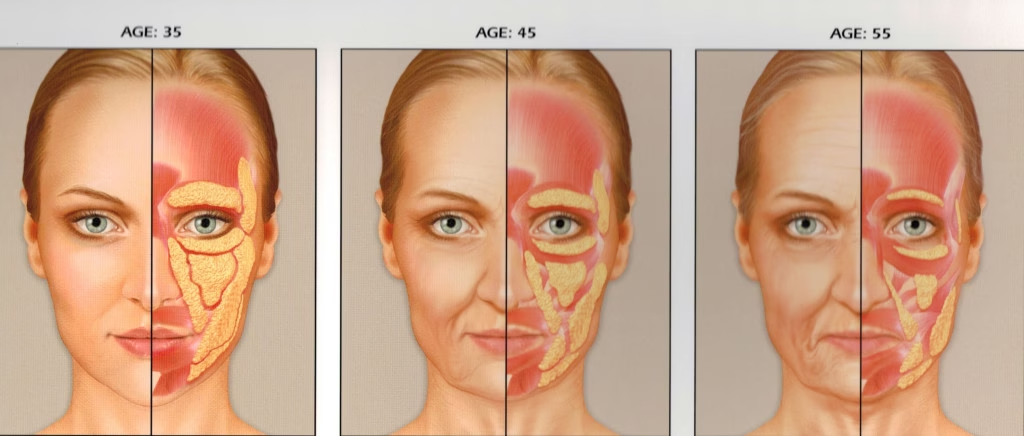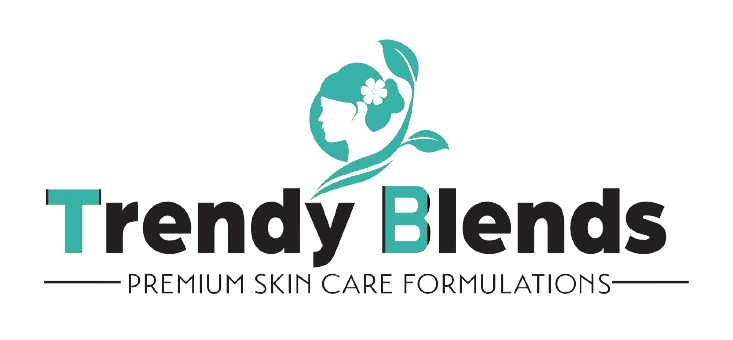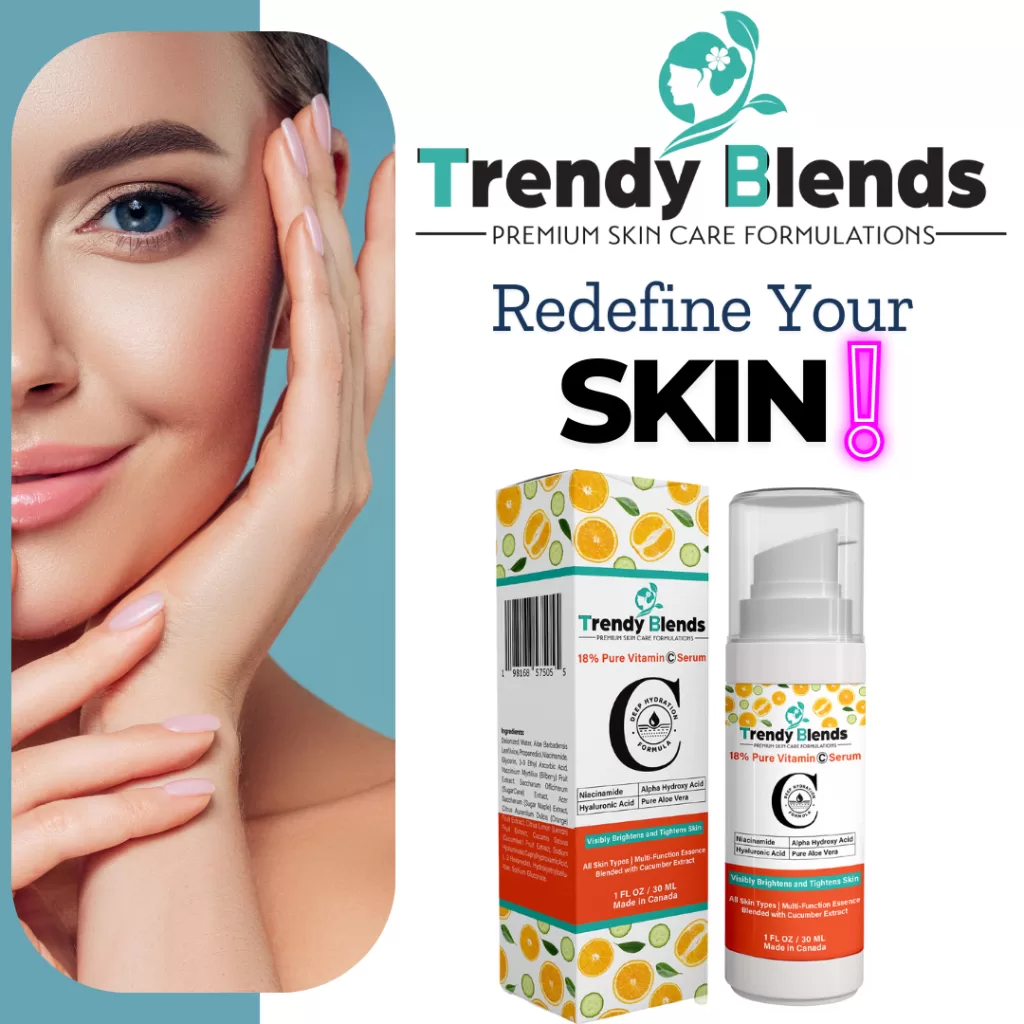8 Glorious Ways to Build Collagen Naturally: Unlock Youthful, Glowing Skin from the Inside Out.

Table of Contents
You see it in the mirror—a fine line that wasn’t there last year, a slight loss of that plump, bouncy feel your skin used to have. It’s a universal experience, and the culprit is often the gradual decline of a single, crucial protein: collagen.
Understanding the collagen benefits can help you make informed decisions for your skincare routine.
These collagen benefits are essential for maintaining youth and preventing signs of aging.
Think of collagen as the scaffolding of your skin. It’s the most abundant protein in your body, providing structure, strength, and elasticity not just to your skin, but to your bones, tendons, and ligaments. In your youth, your body produces it in abundance, which is why your skin is firm, smooth, and resilient.
By understanding collagen benefits, you can better support your skin’s health.
The collagen benefits can also be enhanced by a balanced lifestyle.
Exploring collagen benefits is the first step towards healthier skin.
Recognizing collagen benefits is vital for skincare enthusiasts.

But as we age, starting as early as our mid-20s, collagen production begins to slow down. Factors like sun exposure, stress, and diet can accelerate this decline, leading to wrinkles, sagging, and a loss of that coveted youthful glow.
Vitamin C enhances the collagen benefits significantly.
The synergy of collagen benefits and hydration cannot be understated.
The market is flooded with quick fixes, from expensive creams to invasive procedures. But what if you could empower your body to rebuild its own collagen supply, naturally and effectively? The truth is, you can. Building collagen isn’t about adding a single “miracle” product; it’s a holistic approach that combines targeted nutrition, intelligent skincare, and mindful lifestyle choices.
Here are eight glorious, science-backed ways to naturally boost your collagen production and reclaim your skin’s vibrant health.
Collagen Benefits: Why Boosting This Protein is Essential for Youthful Skin
1. Power Up with Vitamin C: The Indispensable Collagen Architect
If collagen is the scaffolding, Vitamin C is the master architect that directs its construction. Without adequate Vitamin C, your body simply cannot produce collagen efficiently. This powerhouse vitamin is involved in every step of the process, from stabilizing the collagen molecule to promoting the synthesis of messenger RNA for collagen production.
Your body doesn’t produce or store Vitamin C, so a consistent daily supply is non-negotiable for healthy skin.
How to Do It – From the Inside:
These foods contribute to the collagen benefits you seek.
Realizing the collagen benefits of various nutrients can optimize your diet.
Feed your skin a vibrant, Vitamin C-rich diet. While oranges are the classic go-to, many other foods pack an even bigger punch. Aim to include a variety of these in your daily meals:
- Citrus Fruits: Oranges, grapefruits, lemons, and limes.
- Berries: Strawberries, blueberries, raspberries, and blackberries are bursting with Vitamin C and protective antioxidants.
- Tropical Fruits: Guava, kiwi, mango, and pineapple are excellent sources.
- Leafy Greens: Kale, spinach, and Swiss chard.
- Bell Peppers: Red bell peppers contain significantly more Vitamin C than an orange.
- Broccoli & Brussels Sprouts: These cruciferous vegetables are nutritional powerhouses.
How to Do It – From the Outside (The Game-Changer):
While eating Vitamin C is essential for your overall health, applying it topically is the most direct way to deliver its benefits to your skin. This is where a high-quality Vitamin C serum becomes your skin’s best friend.
A well-formulated Vitamin C serum does three incredible things for your collagen:
- Stimulates Production: It acts as a key cofactor for the enzymes responsible for building new, stable collagen fibers.
- Provides Potent Antioxidant Protection: It neutralizes free radicals from UV rays and pollution—unstable molecules that actively break down your existing collagen.
- Brightens and Evens Skin Tone: It inhibits the enzyme responsible for melanin production, helping to fade dark spots and reveal a more luminous complexion.
What to Look for in a Vitamin C Serum:
- Form: Look for L-Ascorbic Acid (L-AA), the most researched and potent form of Vitamin C for the skin.
- Concentration: An effective concentration is typically between 10% and 20%. Anything lower may not be effective, and anything higher can cause irritation.
- Packaging: Vitamin C is notoriously unstable and degrades when exposed to light and air. Choose a serum in an opaque, airtight bottle (ideally with a pump) to protect its potency.
- Supporting Ingredients: Many formulas include Vitamin E and Ferulic Acid, which work synergistically with Vitamin C to stabilize it and exponentially boost its antioxidant power.
Apply your Vitamin C serum every morning to a clean, dry face, followed by moisturizer and, most importantly, sunscreen. This combination provides a powerful shield against environmental damage throughout the day.
2. Prioritize Protein and Key Amino Acids
Collagen is a protein. To build it, your body needs the right building blocks, which are amino acids. The three most important amino acids for collagen synthesis are glycine, proline, and hydroxyproline. If your diet is lacking in high-quality protein, your body won’t have the raw materials it needs to construct strong collagen fibers, no matter how much Vitamin C you consume.
How to Do It:
Ensure you’re consuming enough high-quality protein daily. Excellent sources include:
- Bone Broth: Simmered for hours, bone broth is rich in bioavailable collagen, glycine, and proline.
- Lean Meats: Chicken, turkey, and grass-fed beef.
- Fish: Particularly fatty fish like salmon and mackerel, which also provide anti-inflammatory omega-3s.
- Eggs: The egg whites are especially rich in proline and glycine.
- Dairy Products: Greek yogurt and cottage cheese are great protein sources.
- Plant-Based Options: For those on a plant-based diet, focus on beans, lentils, tofu, tempeh, quinoa, and nuts like cashews. Spirulina is also a fantastic source of amino acids.
3. Harness the Protective Power of Antioxidants
Think of your skin as being under constant siege from environmental aggressors like UV radiation, pollution, and blue light. These create free radicals—rogue molecules that cause oxidative stress, which directly damages and degrades your precious collagen and elastin fibers.
Antioxidants are your body’s defense force. They neutralize free radicals before they can wreak havoc. While Vitamin C is a star antioxidant, a diverse army is even better.
How to Do It:
Eat the rainbow. The vibrant colors in fruits and vegetables are often indicative of their unique antioxidant profiles.
- Beta-Carotene (Vitamin A): Found in carrots, sweet potatoes, and pumpkins.
- Lycopene: Abundant in tomatoes, watermelon, and pink grapefruit.
- Flavonoids: Found in green tea, dark chocolate, apples, and onions.
- Polyphenols: Rich in berries, grapes, and cloves.
- Vitamin E: Found in almonds, sunflower seeds, and spinach.
By incorporating a wide variety of colorful plants into your diet, you provide your skin with a comprehensive shield to protect the collagen you already have.
4. Hydration is Non-Negotiable
Proper hydration is foundational to every single bodily function, including collagen production. Dehydrated skin cells are sluggish and inefficient. When your skin is dehydrated, it can’t repair itself effectively, and fine lines and wrinkles become far more pronounced.
Furthermore, the space around your collagen fibers is filled with a gel-like substance called the extracellular matrix, which is largely comprised of water and water-loving molecules like hyaluronic acid. Keeping this matrix well-hydrated helps keep your collagen fibers plump, supported, and happy.
How to Do It:
- Drink Plenty of Water: Aim for at least 8 glasses (around 2 liters) a day, and more if you’re active or in a hot climate.
- Eat Your Water: Many fruits and vegetables have high water content. Add cucumber, celery, watermelon, and strawberries to your diet for a hydrating boost.
- Limit Dehydrating Drinks: Go easy on excessive caffeine and alcohol, both of which can have a diuretic effect.
- Use a Hydrating Serum: Look for products containing hyaluronic acid, a molecule that can hold up to 1,000 times its weight in water, to draw moisture into the skin from the outside.
5. Be Relentless with Sun Protection
This is arguably the most critical step in preserving your collagen. You can eat all the kale and apply the best Vitamin C serum in the world, but if you aren’t protecting your skin from the sun, you are fighting a losing battle.
UV radiation is the number one cause of premature aging, a process known as photoaging. UVA rays penetrate deep into the dermis, where they trigger the formation of enzymes called matrix metalloproteinases (MMPs). These enzymes literally chop up and destroy your collagen and elastin fibers, leading to wrinkles and sagging.
How to Do It:
- Wear Broad-Spectrum Sunscreen Daily: This is non-negotiable, even on cloudy days, in the winter, or when you’re indoors near a window. Broad-spectrum protects against both UVA (aging) and UVB (burning) rays.
- Choose SPF 30 or Higher: This blocks about 97% of UVB rays. Reapply every two hours when outdoors, and more frequently if you’re swimming or sweating.
- Seek Shade: Especially during peak sun hours (10 a.m. to 4 p.m.).
- Wear Protective Clothing: A wide-brimmed hat and sunglasses are stylish and effective tools for skin protection.
Making sunscreen a non-negotiable part of your morning routine is the single best investment you can make in your skin’s long-term health.
6. Introduce Retinoids to Your Routine
After sunscreen and Vitamin C, retinoids are the most well-researched and celebrated anti-aging ingredients in skincare. Derived from Vitamin A, retinoids are champions of collagen production.
They work through a two-pronged approach:
- They inhibit the enzymes (those MMPs we mentioned) that are triggered by sun exposure to break down collagen.
- They stimulate fibroblast cells, the factories in your skin, to produce more high-quality collagen.
This dual action not only helps rebuild collagen but also accelerates cellular turnover, resulting in smoother texture, fewer fine lines, and a more even skin tone.
How to Do It:
- Start with Over-the-Counter Retinol: If you’re new to retinoids, begin with a gentle retinol product (around 0.25% or 0.5%) a few nights a week to allow your skin to acclimatize.
- Work Your Way Up: As your skin builds tolerance, you can increase the frequency and strength.
- Consider a Prescription: For more dramatic results, a dermatologist can prescribe tretinoin, a much more potent form of retinoic acid.
- Use Only at Night: Retinoids are degraded by sunlight and can make your skin more sun-sensitive. Always follow with sunscreen in the morning.
7. Manage Stress and Prioritize Sleep
Your lifestyle has a profound and direct impact on your skin. Chronic stress and lack of sleep are silent collagen killers.
When you’re stressed, your body releases high levels of the hormone cortisol. Elevated cortisol can break down collagen and elastin in the skin and trigger inflammation, which further accelerates aging.
Sleep, on the other hand, is prime time for repair. During deep sleep, your body releases Human Growth Hormone (HGH), which helps repair damaged cells and build new tissues, including collagen.
How to Do It:
- Incorporate Stress-Management Techniques: Find what works for you, whether it’s meditation, deep breathing exercises, yoga, or simply taking a walk in nature.
- Aim for 7-9 Hours of Quality Sleep: Create a relaxing bedtime routine. Dim the lights, avoid screens for an hour before bed, and make sure your bedroom is cool, dark, and quiet.
- Sleep on Your Back: If possible, sleeping on your back can help prevent “sleep wrinkles” that can form from pressing your face into a pillow night after night.
8. Stimulate Skin with Massage and Microneedling
You can also encourage collagen production through gentle physical stimulation. This works on the principle of inducing a controlled healing response.
Facial Massage: Regular facial massage can increase circulation, bringing more oxygen and nutrients to your skin cells. The gentle mechanical stress can also stimulate fibroblast activity, encouraging them to produce more collagen over time. Use your fingers or a tool like a gua sha stone or facial roller with a bit of facial oil to create a relaxing and beneficial ritual.
Microneedling: This is a more advanced technique, also known as collagen induction therapy. It involves using a device with tiny, fine needles to create microscopic punctures in the skin. Your body perceives these as micro-injuries and rushes to heal them by generating a flood of new, healthy collagen and elastin. While professional treatments are most effective, at-home derma-rollers (with very short needles, e.g., 0.25mm) can help with product absorption and provide mild stimulation. Always proceed with caution and follow strict sanitation protocols.
The Takeaway: A Holistic Path to Radiant Skin
Building and preserving collagen isn’t about finding a magic bullet. It’s about creating a synergistic ecosystem where your body has everything it needs to thrive.
Start by fueling your body with a nutrient-dense diet rich in protein, Vitamin C, and other antioxidants. Protect the collagen you have with a daily, non-negotiable sunscreen habit. Supercharge your efforts with a powerful topical skincare routine, anchored by a daily Vitamin C serum in the morning and a retinoid at night. Finally, support this entire process by managing stress, prioritizing sleep, and staying hydrated.
By adopting these eight glorious habits, you aren’t just chasing a youthful appearance—you are investing in the fundamental health and resilience of your skin from the inside out and the outside in. Your skin will thank you with a firmness, glow, and vitality that no quick fix can ever replicate.
Understanding how to maximize collagen benefits is key.
Ultimately, the collagen benefits will reflect in your skin’s appearance.
Consider the long-term collagen benefits for sustainable skincare.


